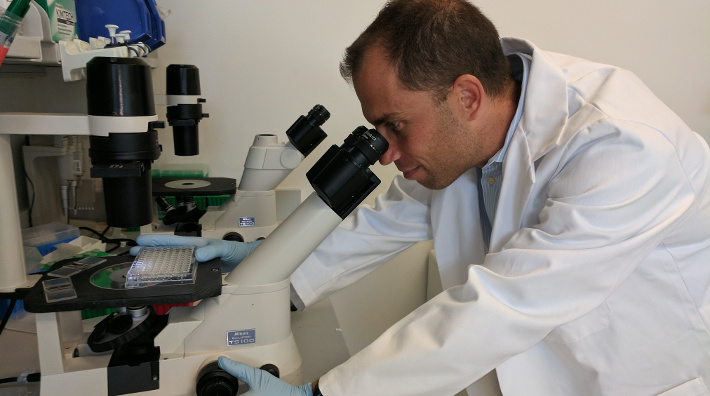ACS Research News
Filtering by:
Targeted TherapyCancer Patients May Not Be Told About Costs of Genomic Testing
Published on: November 1, 2019
As of 2016, more than 200 targeted therapies (also called precision medicines) were available in the United States, and more than 2,000 were in the last stages of development—half of them to treat cancer. For many of these drugs, doctors first use genomic testing of the cancer cells to get an idea of whether the treatment will work. Yet, nearly 1 in 4 oncologists rarely or never mention costs when they talk about the need for genomic testing with their cancer patients, according to a new study led by American Cancer Society (ACS) investigators.
Adapting CAR T-Cell Therapy to Treat Neuroblastoma
Published on: September 25, 2017
With the success of the new drug, Kymriah, pediatric oncology researchers are trying to adapt CAR T-cell therapy to treat solid tumors, like neuroblastoma.
Lung Cancer ‘Dream Team’ to Merge Targeted Therapy, Immunotherapy
Published on: April 20, 2015
More than 35 of the top lung cancer researchers in the United States, dubbed the lung cancer “Dream Team,” are coming together to work on one of the most difficult-to-treat lung cancers – those that have a mutation in a gene called KRAS.
Personalized Medicine: Redefining Cancer and Its Treatment
Published on: April 3, 2015
The type of cancer a person has – and how it gets treated – is no longer just about where in the body the cancer started, such as in the breast or lungs or the colon. More so now than ever, when doctors decide how to attack a cancer, they are arming themselves with a wealth of knowledge about the specific molecular and genetic makeup of their patient’s tumor.








